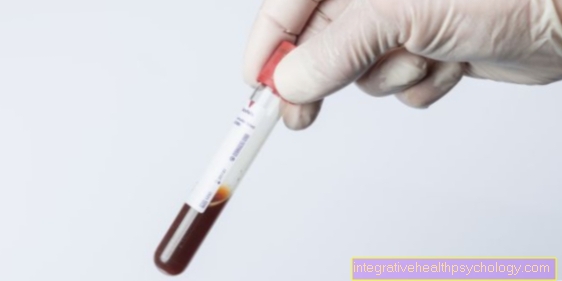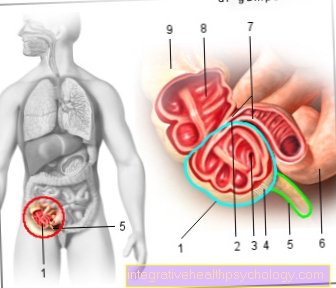detoxification
definition
Under one detoxification one understands the export or removal as well as the metabolism of substances that are harmful to the body. Detoxification can either be initiated or carried out by the body, e.g. if the amount of harmful substances exceeds a certain value, or if they are brought about from the outside by adding drugs or substances.
Also read our topic: naturopathic detoxification
Forms of detoxification
First you have to natural detox from the medically induced detoxification and from the naturopathic detoxification distinguish.
Natural detox
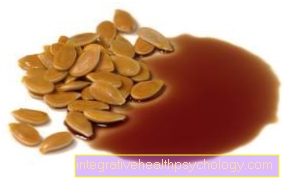
The natural detox takes place in the body every second. Numerous substances that are ingested with food, drinking water or the air have to be rendered harmless by the body and transported away. This is the only way to ensure that the substance does not accumulate in the body and reach heights that threaten the metabolism. A metabolism or detoxification can be done via the liver, the kidney and the bile respectively. Many toxins are filtered through the kidneys into the urine, while important substances are reabsorbed from the urine. Using enzymes located in the liver, toxins are also metabolized, rendered harmless and also mostly transported away via the kidneys and urine. this is the most common detox process in detoxifying Medication. For this reason, care must be taken to ensure that patients with liver disease (Cirrhosis of the liver or hepatocellular carcinoma), certain drugs should only be given with special caution. In the liver, the detoxification process takes place in two phases. In Phase I. The liver either converts toxic substances that are to be broken down into a water-soluble state and then discharges them via the kidneys, or the substances are neutralized and incorporated into the production of bile acids. The bile then serves as a carrier substance and is then excreted in the stool; or the substances are converted into a chemically active form (this process takes place in many drug metabolizations). In Phase II these intermediate products are then bound to other carrier substances (minerals and salts), thus made water-soluble and excreted via the kidneys. If various steps of the detoxification phase are defective or work too slowly, the toxic substances accumulate in the body in an unnatural and dangerous manner with accompanying symptoms.
Treatment of acute detox symptoms
Medically induced detoxification is more related to acute symptoms of intoxication, such as occur in psychiatry or internal medicine. Mention should be made here of detoxification after excessive alcohol consumption (alcohol intoxication), which usually have to be looked after and treated in intensive care units for internal medicine, as well as poisoning with suicidal intent (suicide attempts) and poisoning that occurred accidentally (consumption of poisonous mushrooms, etc.). In the treatment of acute alcohol intoxication, the accompanying symptoms are treated and the vital parameters are observed (pulse, breathing, blood pressure). Detoxification after attempted suicide depends on the substance chosen. For some remedies, there are also antidotes that render the toxic substance less harmful and thus contribute to faster detoxification of the body (e.g. N-acetylcysteine as an antidote for paracetamol poisoning). Accidental ingestion of toxic substances, such as Often found in paediatrics, detoxifying therapy aims to get the substances out of the body as quickly as possible. The measures range from induced vomiting to substance binding in the stomach by charcoal, etc.
Patients under a chronic alcohol consumption or who suffer from drug use, are also subjected to detoxification after admission to a psychiatric department, even if there is no corresponding one acute poisoning present. In this case, the term detox is synonymous with withdrawal. Detoxification can be carried out on an inpatient or outpatient basis, whereby the inpatient route is safer, as some of the strong side effects of withdrawal from alcohol and drugs must be treated with medication and thus weakened so that no life-threatening situations arise. The stationary detox usually lasts a week, followed by withdrawal treatment, which lasts weeks to months. The following medications can also be given to support detoxification or to alleviate withdrawal symptoms: Clomethiazole (has a calming effect and inhibits withdrawal symptoms), Disulfiram (causes alcohol intolerance and is intended to reduce the relapse rate for long-term therapy in alcohol addiction).
More about detoxification
You can get more information on the topic at: Naturopathic detoxification, Schüsslersalz No. 6

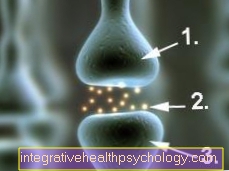
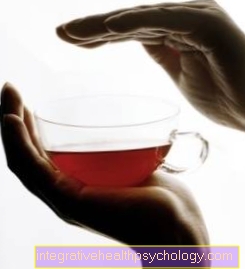
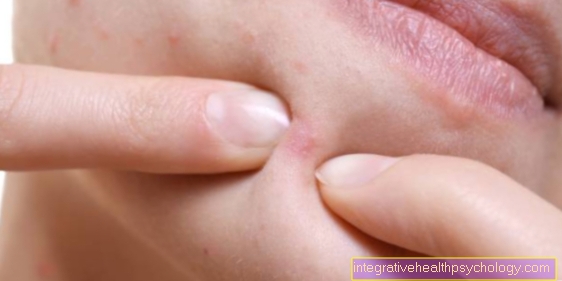
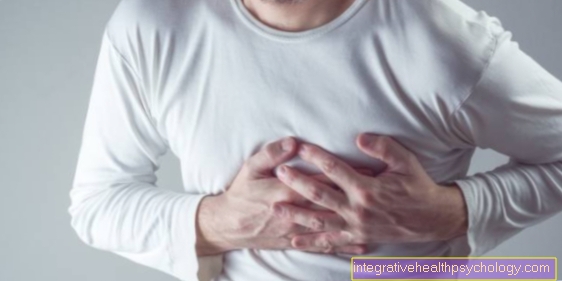

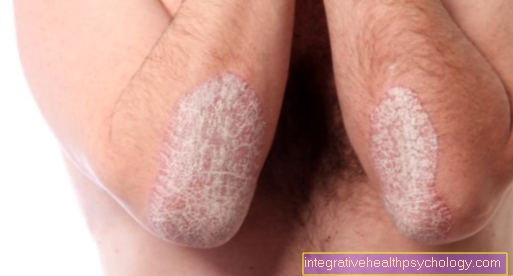




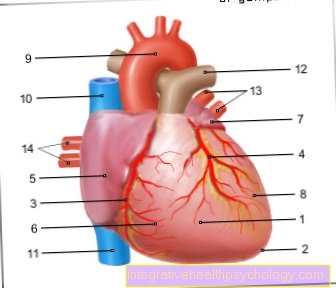


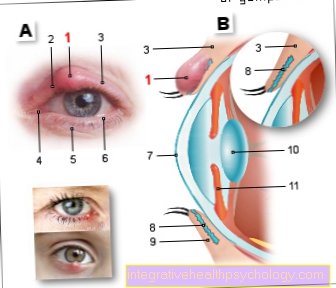


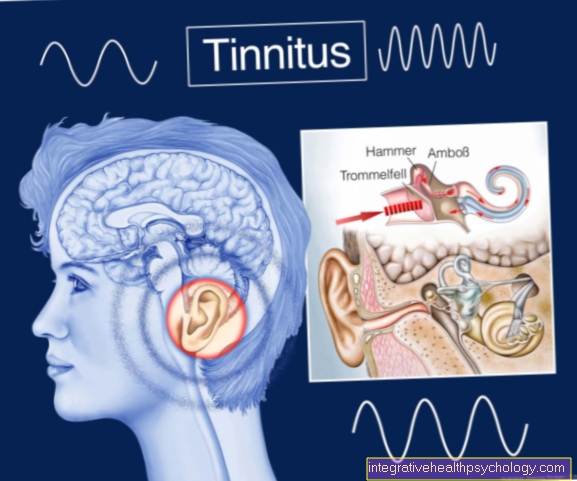

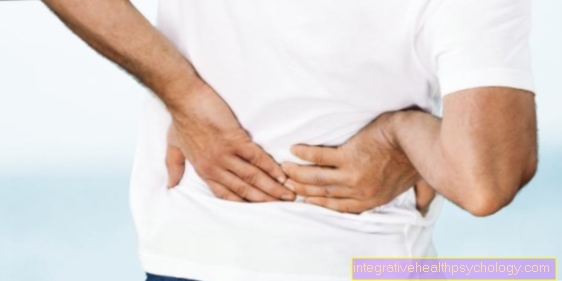




.jpg)


